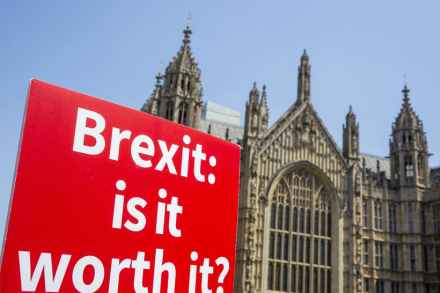Watch: Lindsay Hoyle ticks off Boris Johnson
A feisty exchange took place at Prime Minister’s Questions today, on the subject of free school meals, after widely-shared images showed children being provided with substandard food packages. Keir Starmer went on the attack, and suggested that the meagre meals were in line with the government’s current guidance. But it was Boris Johnson who provoked the ire of the Speaker Lindsay Hoyle, after the PM suggested that Starmer’s stance on the matter was hypocritical. The remark led to the visibly angry Speaker giving Johnson a dressing down, with Hoyle calling on the PM to withdraw the remark. Watch here:



















